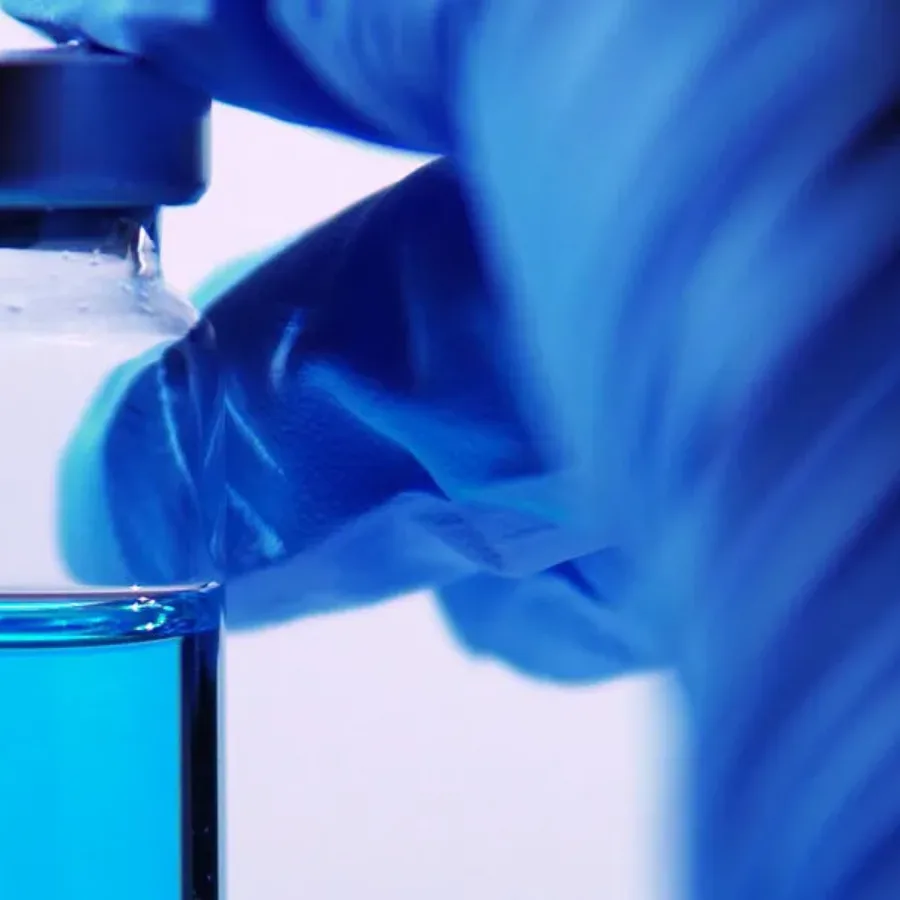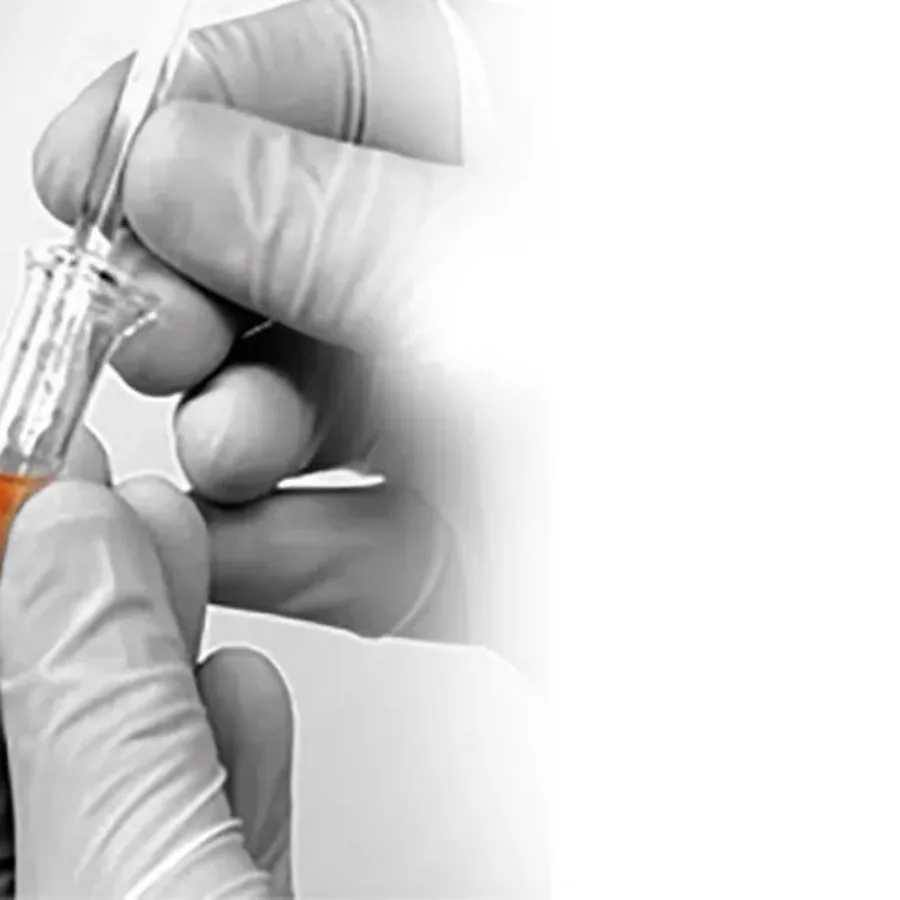 Blogs
Blogs
The age of cell and gene therapies (CGTs) is upon us! It has been a long road to get to this time. The first gene therapy trial on humans was performed in 1990 by researchers at the National Institutes of Health. The first FDA approved CGT came in 2017. One…
 Blogs
Blogs
Although bioanalysis is KCAS’ principal area of expertise, we are always considering how we can build around those capabilities to ensure that we can provide optimal service for our clients. Our current breadth of service enables us to provide a comprehensive approach during non-GLP pre-clinical studies where it is feasible…
 Blogs
Blogs
Why is Viability Staining so important for flow cytometry analysis? It seems pretty easy, just mix your cells with antibody conjugates, incubate, wash and you are ready to acquire, but actually cell staining for flow cytometry analysis is far from simple, particularly when it comes to the optimal distinguishing of rare cell populations, or in the deciphering of a complex immune response. There are some key considerations to optimizing flow cytometry cell staining and it requires a disciplined approach to understand the impact of certain steps on the staining process. So, how well do you plan and optimize your staining conditions to ensure the highest quality of flow cytometry data? In this blog, we explore some rules of thumb for Good Staining Practices for flow cytometry
 Blogs
Blogs
Data can be the most important aspect of a GxP organization. Storage complexity and requirements are increasing, and cloud solutions can be an attractive option for maintaining this ever-growing pool of data. When considerations…
 Blogs
Blogs
As a Senior Director for Discovery in the pharma division at KCAS, I would like people to think of “Bioanalytical Discovery” as a stage in drug development; one where you are doing your final…
 Blogs
Blogs
The benevolent COVID virus has brought our industry many “gifts.” One birthday present is like a jelly of the month club subscription, and it’s impacted all Central Labs and providers of Clinical Sample Collection Kits, without discretion: the shifting un-availability of important kit contents, like vacutainers and polypropylene tubes. While…
 Blogs
Blogs
Although small molecules represent the majority of compounds in development as drug candidates, there is an increasing tendency to more complex molecular structures to address unmet molecular needs. This has been reflected in the…
 Blogs
Blogs
In its simplest terms, Dose Formulation Analysis (DFA) verifies all solutions used in preclinical toxicology studies. For FDA IND applications, dose formulation analysis is critical. Some companies are unfamiliar with the DFA process or…
 Blogs
Blogs
It was early March 2020, the tendons in my right hand were swollen and throbbing, and I was seeking to learn more about off-the-bench careers at CROs and finally retire from pipetting. A few…
 Blogs
Blogs
Tissue and Non-Liquid Matrices (such as cell lines, red blood cells, PBMCs, bone marrow aspirates, and suspension cells) are valuable matrices[] to test for biomarkers (PD) and drug levels (PK). Testing of tissues and…
 Blogs
Blogs
A recent trend observed at KCAS is that the bioanalytical needs of our clients’ projects are becoming more complex. There is increasing focus on monitoring delivery of therapeutics to the target of interest. This…
 Blogs
Blogs
There has been an increasing focus on large molecule therapeutics and pharmaceutical companies have increasingly aligned their development pipelines in that direction. This has resulted in more biological therapeutics coming to market. Last year,…